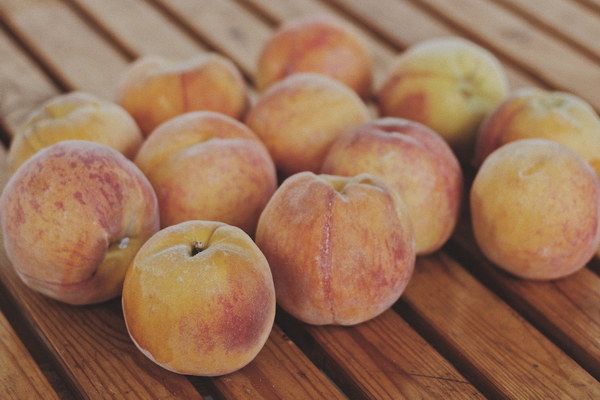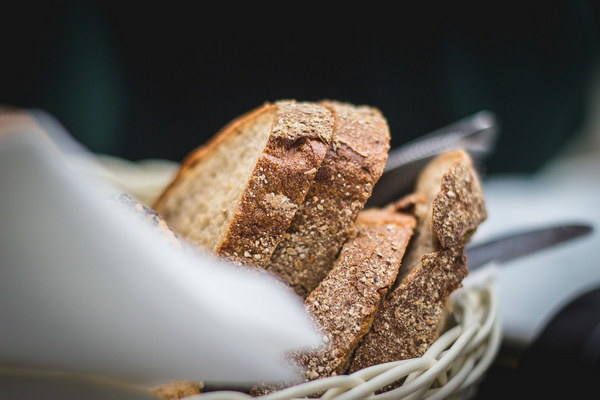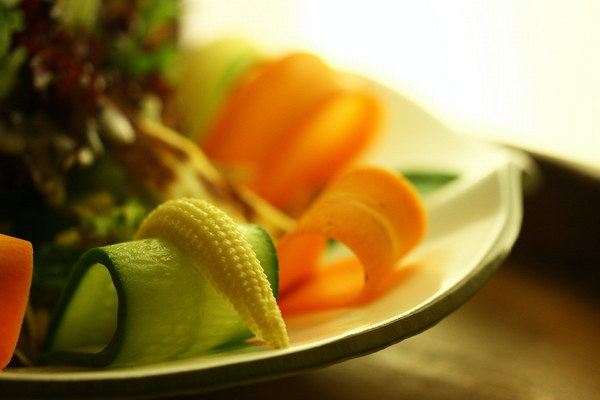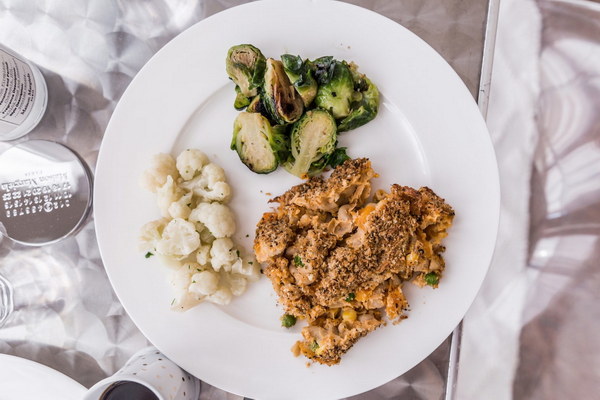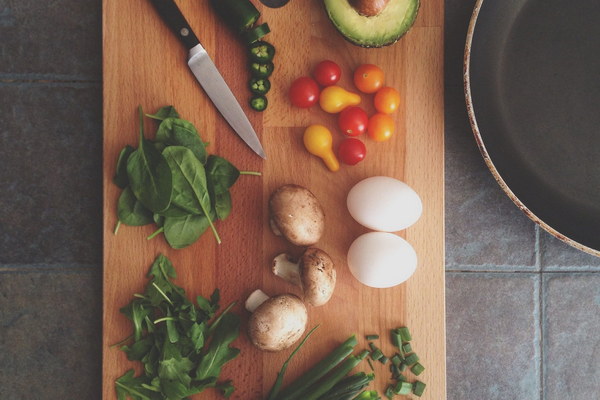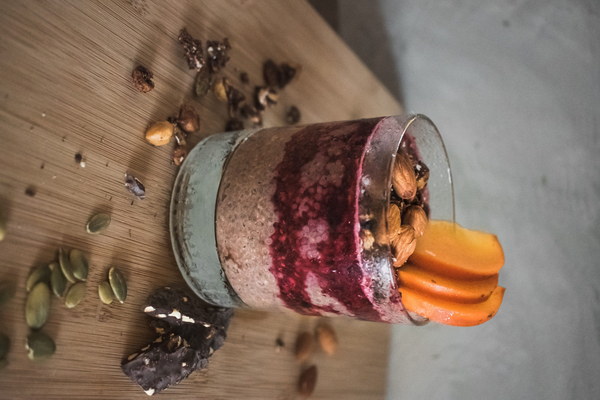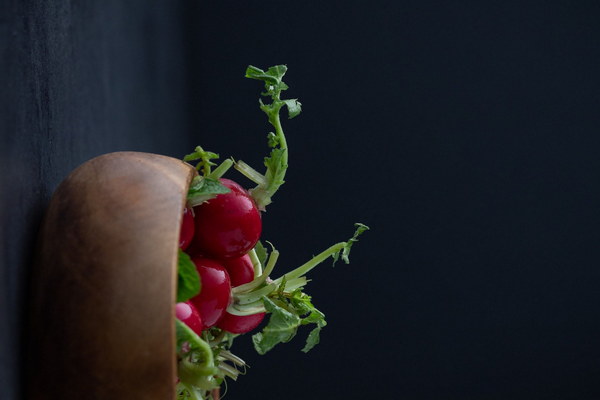Can You Eat Taro While Taking Kidney-Boosting Medications
Introduction:
When it comes to kidney health, many individuals turn to kidney-boosting medications to support their well-being. However, it's important to consider the compatibility of certain foods with these medications. One common query is whether it's safe to consume taro, also known as the yam, while taking kidney-boosting medications. In this article, we will explore the potential interactions between taro and kidney-boosting medications, providing you with valuable insights to make informed decisions about your diet.
1. Understanding Taro:
Taro, scientifically known as Colocasia esculenta, is a root vegetable that has been cultivated for thousands of years. It is rich in various nutrients such as fiber, vitamins, and minerals, making it a popular ingredient in many cuisines worldwide. Taro can be consumed in various forms, including cooked, baked, or fried, and it is often used in dishes like puddings, cakes, and stews.
2. The Benefits of Taro:
Taro is often associated with various health benefits, including its potential to support heart health, improve digestion, and enhance overall well-being. Some studies suggest that taro may have anti-inflammatory properties and can help regulate blood sugar levels. However, it's important to note that individual responses to taro can vary.
3. Kidney-Boosting Medications:
Kidney-boosting medications are prescribed to individuals with kidney-related conditions or those at risk of kidney damage. These medications aim to improve kidney function, manage blood pressure, and regulate electrolyte levels. Examples of kidney-boosting medications include ACE inhibitors, angiotensin II receptor blockers (ARBs), and diuretics.
4. Potential Interactions:
While there is limited scientific research on the interaction between taro and kidney-boosting medications, it is crucial to consider potential risks. Taro contains a high amount of potassium, which can be a concern for individuals with kidney issues. If you are taking kidney-boosting medications, your kidneys may already be managing increased levels of potassium. Consuming taro, which is rich in potassium, may further strain your kidneys.
5. Precautions and Recommendations:
If you are taking kidney-boosting medications and considering incorporating taro into your diet, here are some precautions and recommendations:
a. Consult with your healthcare provider: Before making any significant changes to your diet, it is essential to consult with your doctor or healthcare professional. They can provide personalized advice based on your specific condition and medication regimen.
b. Monitor potassium levels: If you decide to consume taro, it is crucial to monitor your potassium levels regularly. This will help ensure that your kidneys can effectively manage the increased intake of potassium.
c. Limit taro consumption: If your doctor advises it, consider limiting your intake of taro. This will help minimize the potential strain on your kidneys and maintain a healthy balance of electrolytes.
d. Explore alternative options: If you have concerns about consuming taro, consider exploring alternative root vegetables that are lower in potassium, such as sweet potatoes or carrots.

Conclusion:
While there is limited evidence regarding the interaction between taro and kidney-boosting medications, it is important to exercise caution and consult with your healthcare provider. Taro's high potassium content can potentially strain your kidneys, especially if you are already taking kidney-boosting medications. By considering these precautions and recommendations, you can make informed decisions about your diet and support your kidney health.
